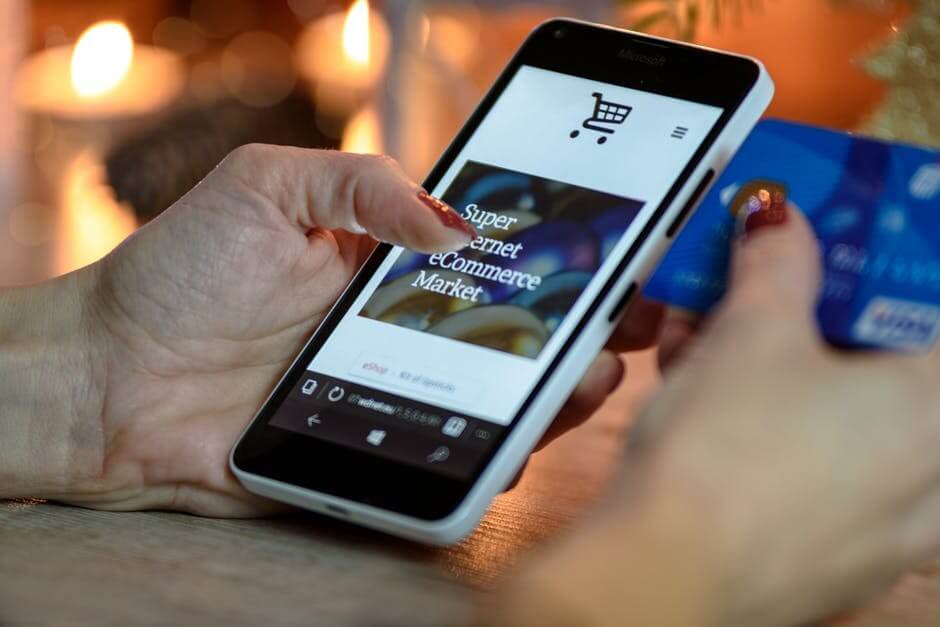Business
When customer loyalty is bad for business
Price determines the customers’ loyalty to their brands.

Customer loyalty is declining. The rise of the internet and online shopping means that customers can more easily find new deals and are less inclined to stick with one brand through thick and thin. Companies have naturally reacted with alarm and experiment with all sorts of ways to keep customer loyalty, whether in the form of rewards programs or other marketing techniques.
But while businesses naturally assume that they want loyal customers, they actually do not. They want profitable customers, which is not necessarily the same thing. And in fact, supposedly loyal customers can be the trickiest customers to handle as they have higher expectations and will let it known if they feel betrayed.
Businesses should still try to accrue loyal customers but must understand what loyalty means. The loyalty between a customer and a business is not the loyalty between a king and his subject. It is the loyalty between two siblings or a married couple, which means a give-and-take relationship that requires strong communication. Sometimes, too, a business must realize that the true path towards profitability may entail abandoning supposedly loyal customers.
Good versus bad loyalty
How can a customer be loyal yet unprofitable? An answer to that revolves around the discount, one of the most basic tools a business can use to gain customer loyalty but a dangerous tool if used inappropriately. A business offers a new customer a temporary discount, the customer is happy to get a product at a lower price, and the business may think they have another loyal customer.
But rather than being loyal to the business, the customer may only be loyal to the discount and will leave if the company starts trying to sell the customer additional goods at the regular price. The company has created a loyal customer, who will give colleagues a positive impression of the business and buy goods. But the customer is not profitable because he is buying his goods at a discount, and those colleagues may expect similar discounts as well.

Online shopping is seen as one of the factors why consumers are not loyal to brands anymore. (Source)
Good customer loyalty is when the customer becomes loyal to the actual company and lets peers know why the company is so great beyond mere pricing or discounts. A business which desires high, profitable customer loyalty must focus on differentiating itself from its business or offering a great customer experience instead of trying to buy loyalty by slashing prices.
Loyalty is a challenging two-way street
However, profitable, loyal customers can be tricky to handle in part because of their loyalty. While companies may expect loyal customers to always stick with them, loyal customers expect the company to pay them back with rewards. If the company fails to deliver on those promises, those loyal customers can turn on them. And just as you would be angrier if your spouse or siblings betrayed you as opposed to someone you barely knew, loyal customers, can be the most furious of all if they feel mistreated.
A personal example is Swedish video game developer Paradox Interactive. Paradox creates historical strategy games that are very detailed and very expensive. Through offering discounts and offering a unique gameplay experience, Paradox accrued a loyal consumer base that is willing to pay extra and a good reputation, exactly the sort of good customer loyalty mentioned above.
But Paradox has been increasingly criticized in the past few months for offering less interesting expansion packs and ramping up prices. When Paradox announced that they would be increasing prices in May, the result was a surge of vitriol and negative reviews, many of them coming from previously loyal customers. Paradox CEO Fredrik Wester caved a few days ago and brought the prices back down. The result is that Paradox is right back where it started, but with a consumer base which is more suspicious and less willing to cut the company some slack.
Communication and loyalty
This give-and-take nature of company loyalty shows that as mentioned above, a strong, loyal relationship between company and consumer is like a strong relationship between spouses. It requires communication so that everyone is on the same page.
That means no surprises. Loyal customers are loyal because they like what a business currently has. Suddenly rebranding or changing your business means that the business no longer has that thing, which almost certainly risks upsetting them and causing cries of betrayal. Think of the classic example of New Coke and the resulting outrage that caused.
This does not mean no company should ever change. Remember that a company’s true goal is to gain profitable rather than loyal customers, and sometimes that means sacrificing loyal customers.
While customer loyalty is generally a net positive rather than negative, there are downsides and a company should recognize that sometimes it may be worth losing loyal customers. If a company wants to keep profitable, loyal customers, the best tools are not prices or products but communication to make them feel as if they are part of a family.
—
DISCLAIMER: This article expresses my own ideas and opinions. Any information I have shared are from sources that I believe to be reliable and accurate. I did not receive any financial compensation in writing this post, nor do I own any shares in any company I’ve mentioned. I encourage any reader to do their own diligent research first before making any investment decisions.

-

 Impact Investing6 days ago
Impact Investing6 days agoCDP Approves €1.5 Billion Package to Boost Industry, Renewables, and International Development
-

 Crypto2 weeks ago
Crypto2 weeks agoUniswap and BlackRock Partner to Launch BUIDL in DeFi
-

 Impact Investing21 hours ago
Impact Investing21 hours agoThe Sustainability Revolution: Driving a Net-Zero, Nature-Positive Economy
-

 Biotech1 week ago
Biotech1 week agoNew Molecular Clues Explain Aggressive Neuroblastoma and Point to Targeted Treatments


![Kevin Harrington - 1.5 Minutes to a Lifetime of Wealth [OTC: RSTN]](https://born2invest.com/wp-content/uploads/2023/12/kevin-harrington-400x240.jpg)
![Kevin Harrington - 1.5 Minutes to a Lifetime of Wealth [OTC: RSTN]](https://born2invest.com/wp-content/uploads/2023/12/kevin-harrington-80x80.jpg)





















You must be logged in to post a comment Login